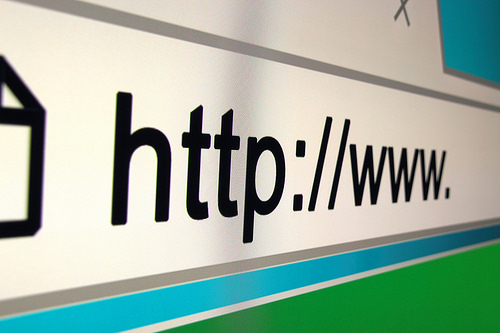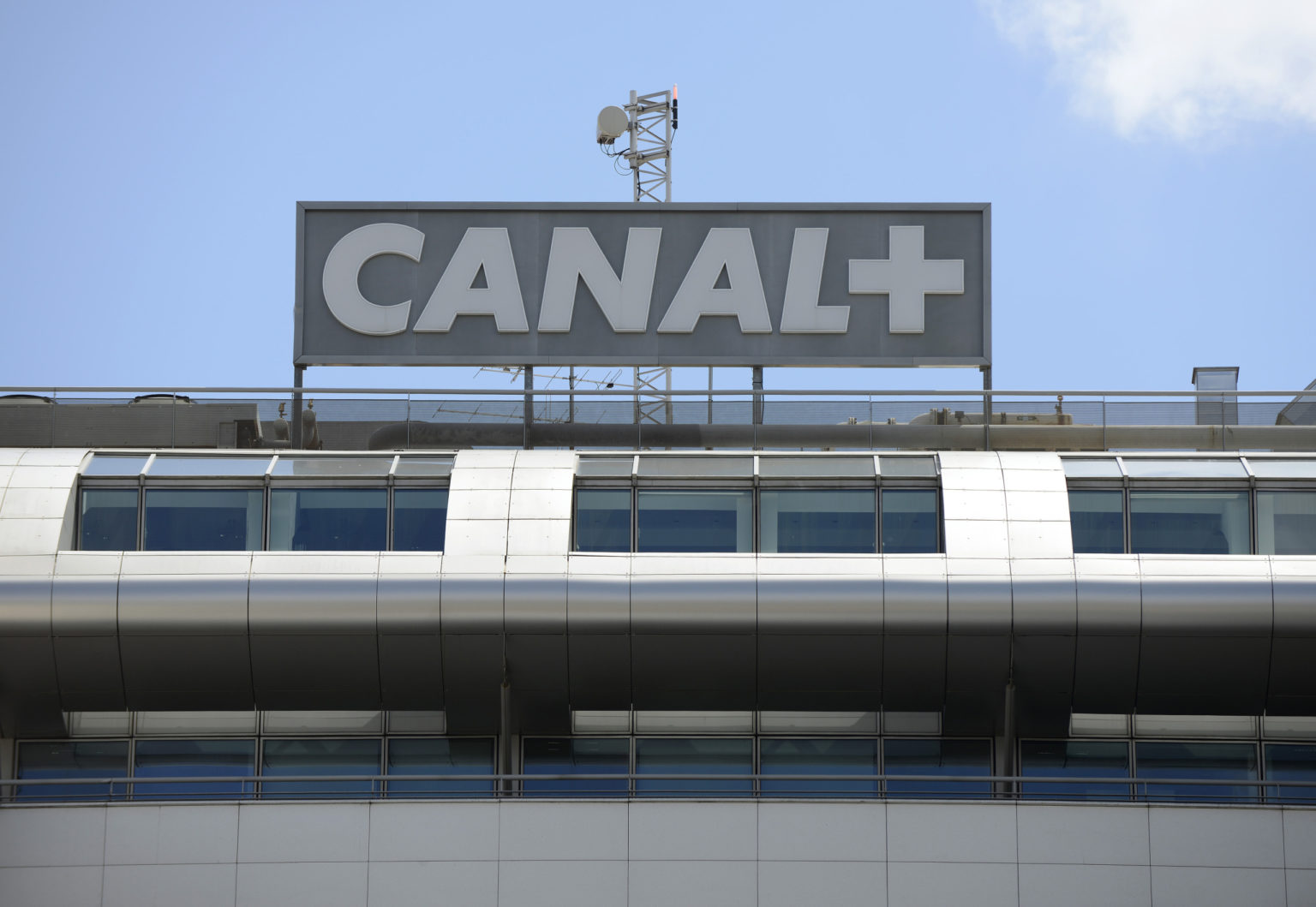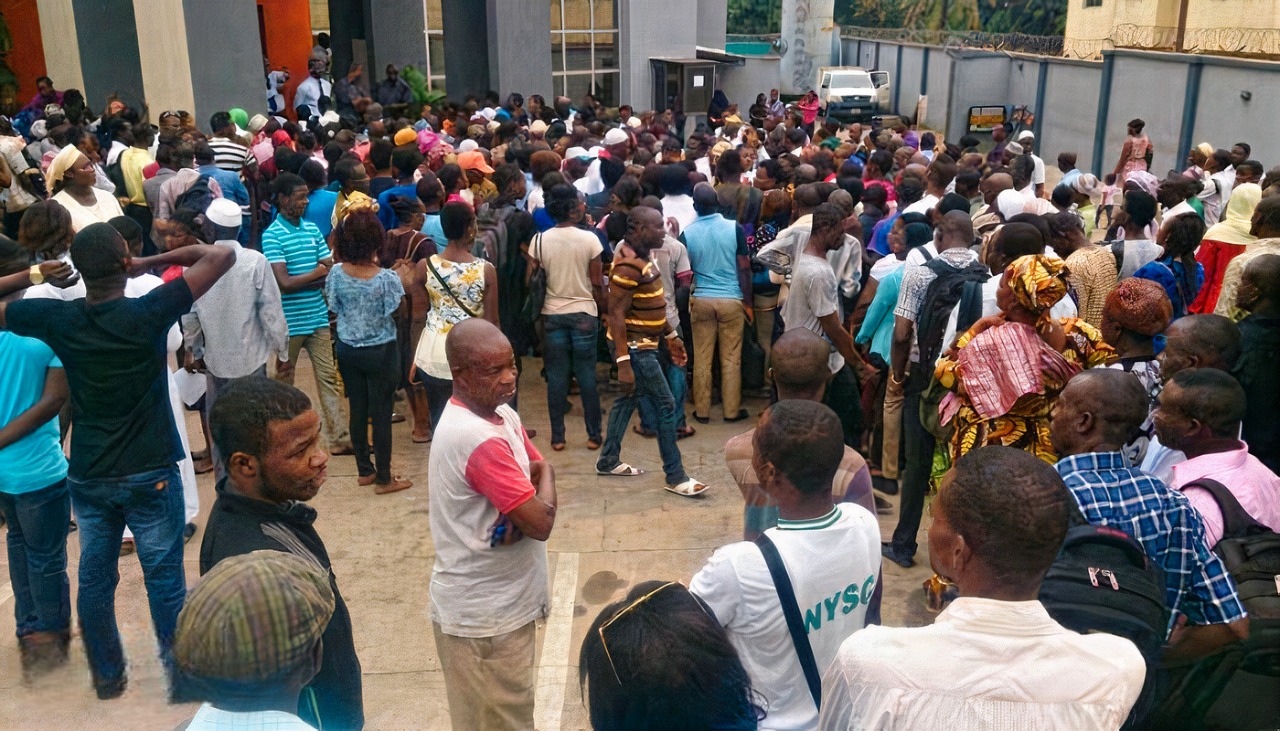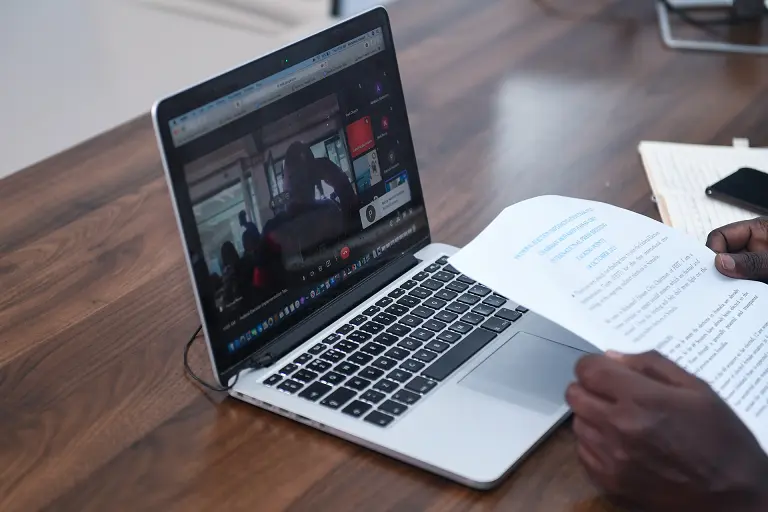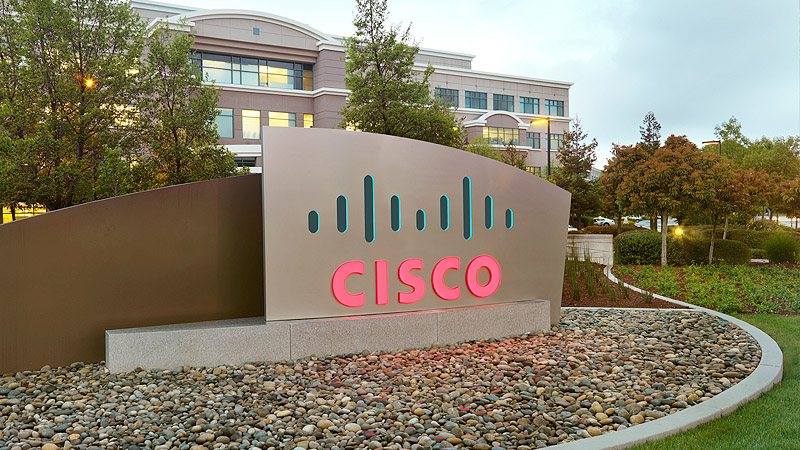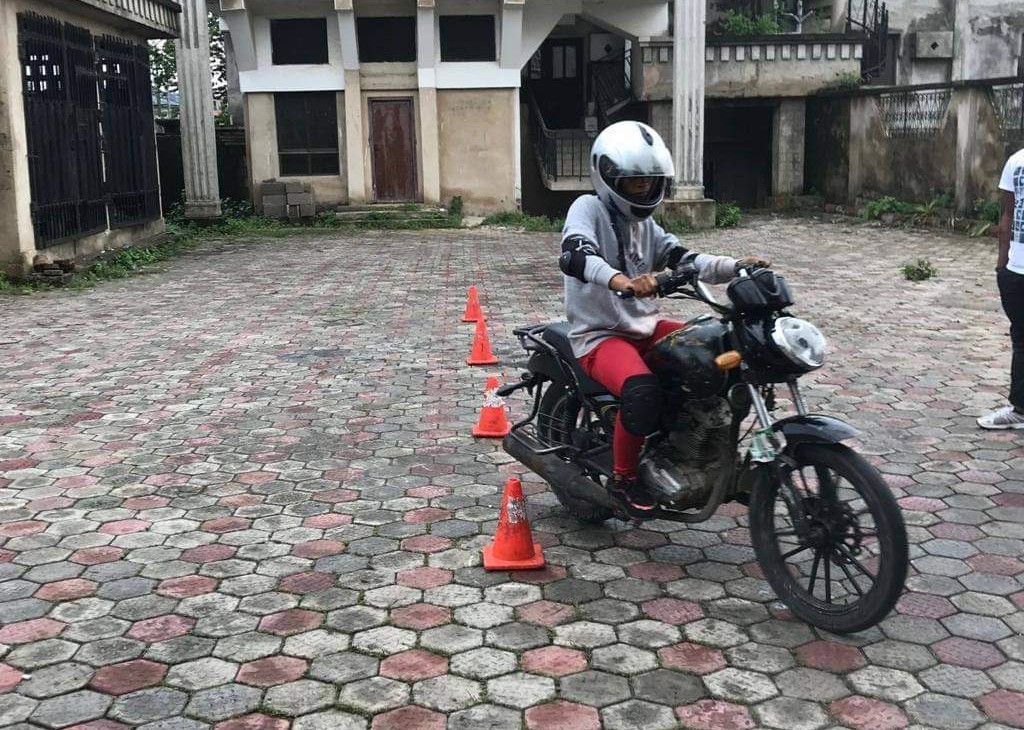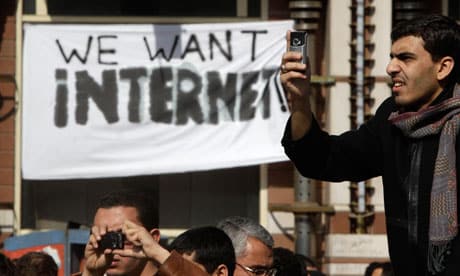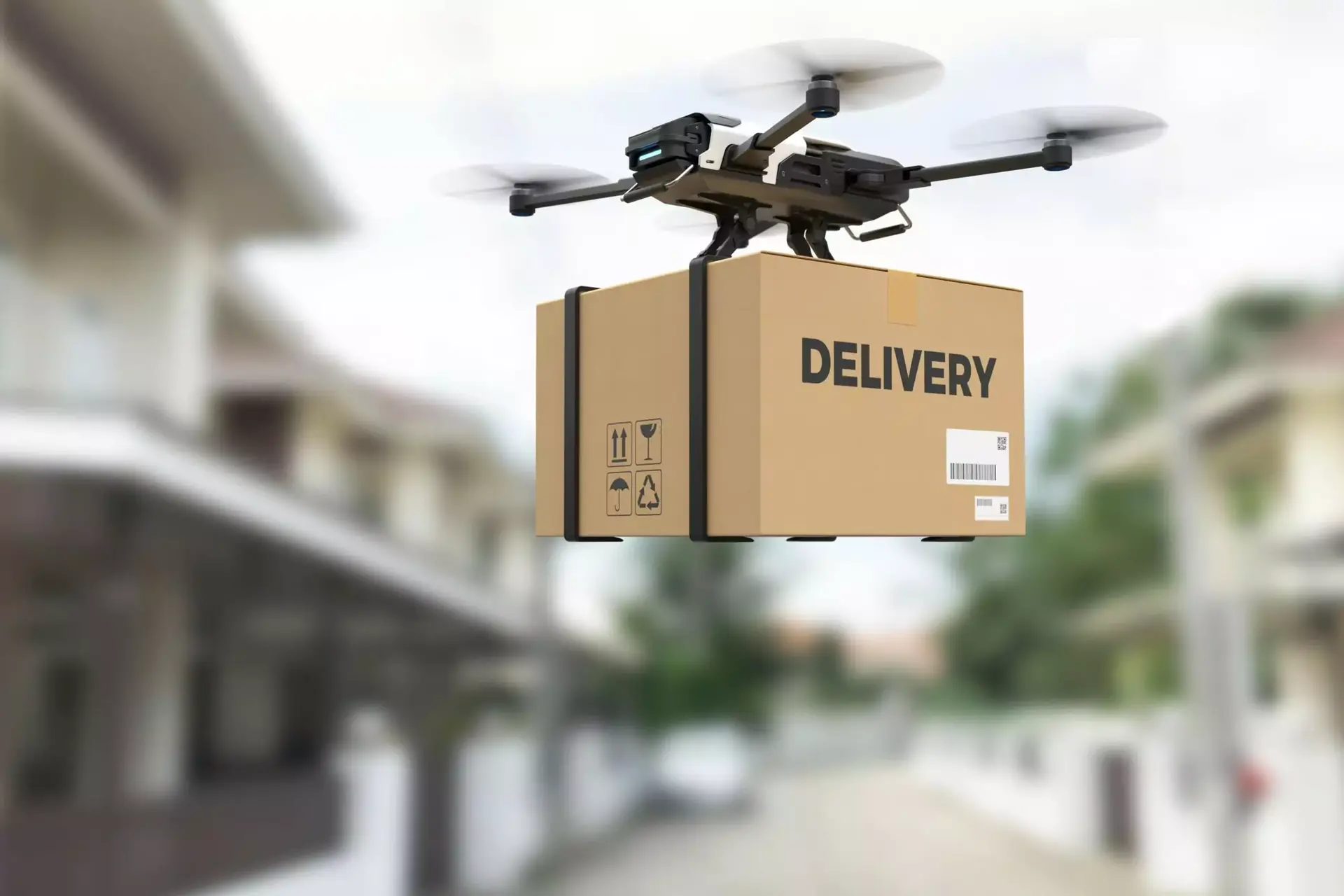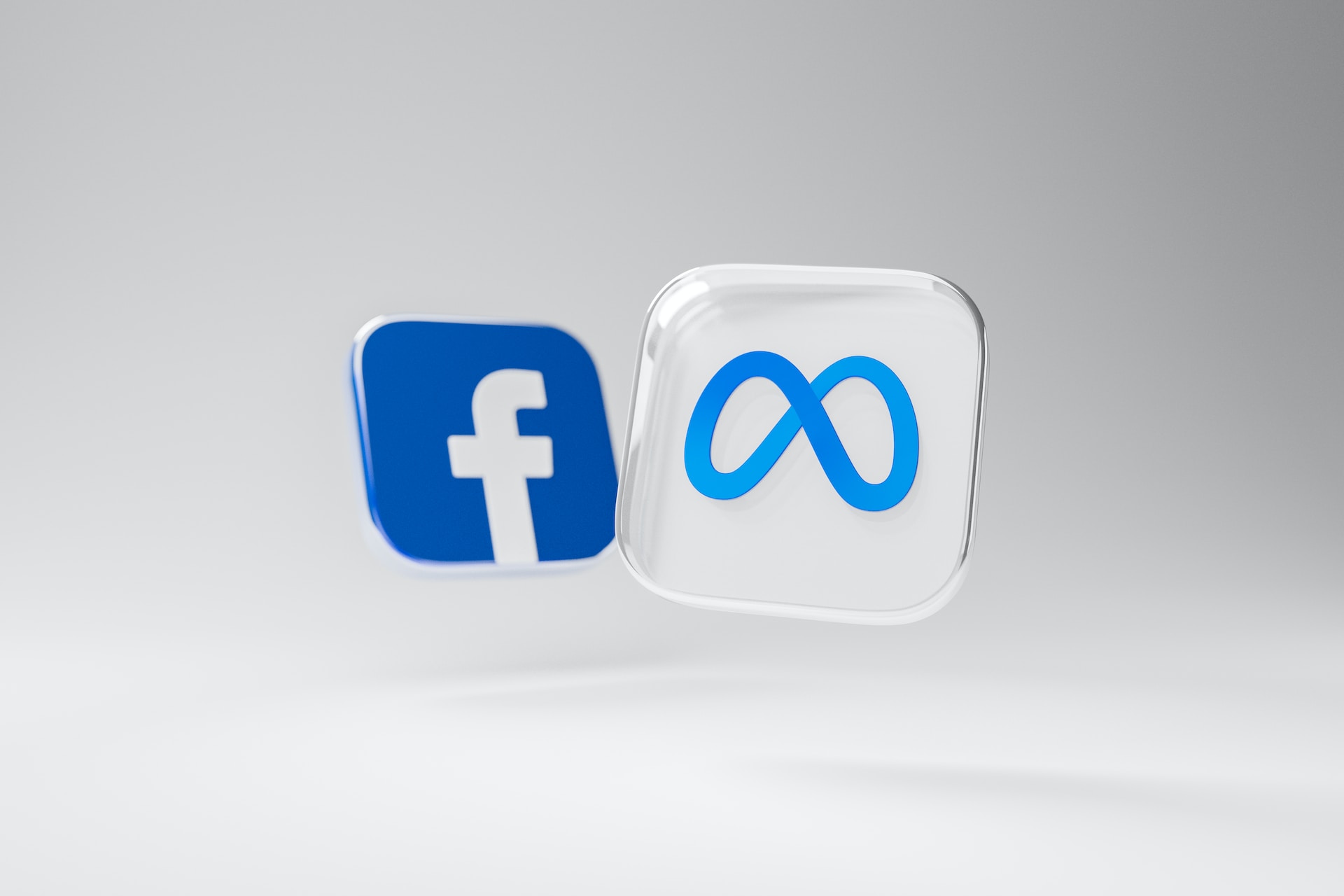There has been a lot of controversy as to whether the individuals who registered the NigeriaAir.com, Nigeria-Air.ng, NigeriaAir.ng and NigeriaAir.com.ng domains have committed a crime by so registering.
Suggested Read: Someone could become ₦48 million richer from the newly unveiled Nigeria Air
Citation has been made of Section 25 of the Cybercrime Act to back claims that the Federal Government can simply proceed to cow the holder of the domain account into submission.
Firstly, domain name speculation is a legal business globally and in Nigeria as well. However, registration of a name does not confer sole ownership, as there is room for evidence-based disputation.
Secondly, there are two domain name structures. One is a generic top level domain (gTLD) controlled directly by The Internet Corporation for Assigned Names and Numbers (ICANN). The other is the country code top level domain (ccTLD) controlled by the Nigeria Internet Registration Association (NIRA).
By extension, .ng or .com.ng -- both ccTLDs under NIRA -- operate by a different set of rules from a gTLD such as .com or .org under ICANN rules. The rules that guide Nigerian ccTLDs (like .ng and .com.ng) vary from the Cybercrime Act, to the NITDA Act, to the Nigerian Constitution.
On the other hand, registrants of NigeriaAir.com, NigeriaAir.org and NigeriaAirng.com might have a field day, unless they are challenged at the ICANN level. Even www.Nigeria.com is still in private individual hands and if you remember, Nigeria could do nothing to close down the MMM website, despite its alleged illegality.
On such issues, when they arise, ICANN has domain name dispute rules and policies enforced by all domain name dispute resolution centres, including WIPO. The affected party can use an international arbitration system created by the ICANN, which is cheap and fast without the need for legal representation.
A case for cybersquatting?
The debate has proceeded to state that the act of the registrants of Nigeria Air domain names amounts to cybersquatting. But what is cybersquatting? This refers to illegal domain name registration or use. Cybersquatting can have a few different variations, but its primary purpose is to steal or misspell a domain name in order to profit from an increase in website visits, which otherwise would not be possible.

Be the smartest in the room
Give it a try, you can unsubscribe anytime. Privacy Policy.
Trademark or copyright holders may neglect to re-register their domain names, and by forgetting this important update, cybersquatters can easily steal domain names. Cybersquatting also includes advertisers who mimic domain names that are similar to popular, highly trafficked websites. For example, the Eazyhire vs Easyhire or Jumia vs Konga case.
Suggested Read: Eazyhire vs Easyhire: A sad case of Nigerian startup plagiarism?
This raises doubt as to whether the act of the registrant(s) constitutes cybersquatting in its real sense, especially for the NigeriaAir.com and NigeriaAir.org and NigeriaAirng.com.com domains.
To determine criminality in this case of the Nigerian regulated domains (.ng, gov.ng, .com.ng), let’s look at Section 25 of the Cybercrime Act again.
Before, I proceed, by privilege of mentorship I must state that the Federal Government has Basil Udotai of Technology Advisors to thank for inserting Section 25 into the Cybercrime Act, without which there could have been no major room for a possibility to cover their negligence. But would this suffice to criminalise the act in itself? That I hope to break down as always beyond the literal, copy and paste interpretations touted around.
Interpreting the Cybercrime Act
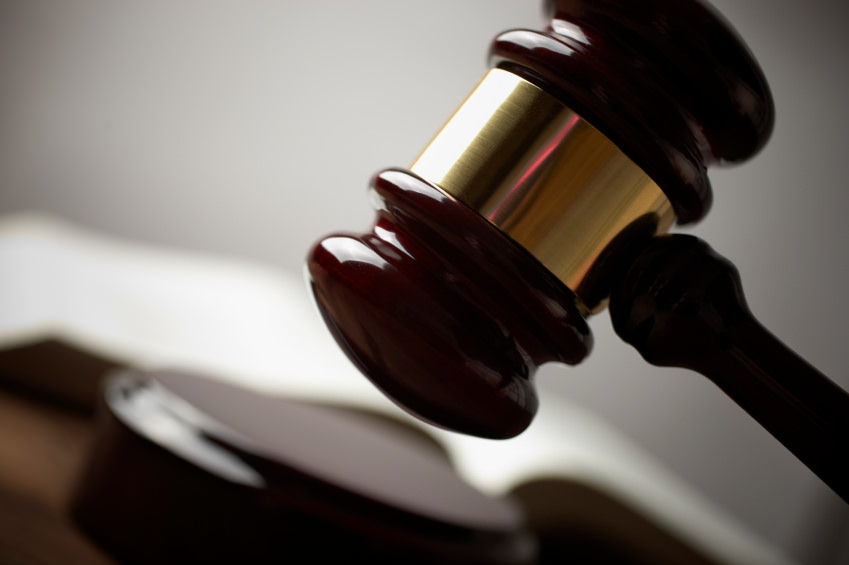
According to Section 25 (2)(a) of the Cybercrime Act:
- Any person who, intentionally takes or makes use of a name, business name, trademark, domain name or other word or phrase registered, owned or in use by any individual, body corporate or belonging to either the Federal, State or Local Governments in Nigeria, on the internet or any other computer network, without authority or right, and for the purpose of interfering with their use by the owner, registrant or legitimate prior user, commits an offense under this Act and shall be liable on conviction to imprisonment for a term of not more than 2 years or a fine of not more than ₦5,000,000.00 or to both fine and imprisonment.
- In awarding any penalty against an offender under this section, a court shall have regard to the following:
- A refusal by the offender to relinquish, upon formal request by the rightful owner of the name, business name, trademark, domain name, or other word or phrase registered, owned or in use by any individual, body corporate or belonging to either the Federal, State or Local Governments in Nigeria; or
- An attempt by the offender to obtain compensation in any form for the release to the rightful owner for use of the name, business name, trademark, domain name or other word or phrase registered, owned or in use by any individual, body corporate or belonging to either the Federal, State or Local Government of Nigeria.
Frankly, the interpretation would have to be determined by a competent court in Nigeria, and it would be great if this happens. However, this case is not as straightforward as it is stated. By virtue of the Nigerian Constitution, a person is deemed innocent until proven guilty by a court of competent jurisdiction.
The questions to determine the criminality or otherwise would be:
- For the purposes of section 1 of the Act, is Nigeria Air already a registered trademark or an artificial person (company) registered under the Companies and Allied Matters Act and the Trademark Act?
- Is the name registered, owned or in use by any individual, body corporate or belonging to either the Federal, State or Local Governments in Nigeria?
The question of ownership is debatable especially if it is not registered as a trademark or company in Nigeria. Also, in this case, it has been revealed that Nigeria Air has individual investors behind it with a promissory note but not an actual business or identity; the Nigerian government ‘would’ only have a 5% stake in it.
If these points are true, that there is no registered trademark/company registration and it is not owned by government, perhaps the investors should better brace up to pay this "smart", not-lazy Unilag student.
But again, we need to look at the date of the domain name registration. Was the domain acquired before or after “official launch” of Nigeria Air as Nigeria's National Carrier? How do we claim ownership of an online real estate that has been "owned" by someone who has acquired right to same and may claim to be oblivious of the emergence of the Nigeria Air name or entity? Also, this could mean a free flow for the registrant.
Section 25 (2)(a), provides a condition precedent before it can be termed a criminal offence that carries a criminal penalty -- if there is a ‘refusal by the offender to relinquish, upon formal request by the rightful owner of the name, business name, trademark, domain name, or other word or phrase registered, owned or in use by any individual, body corporate or belonging to either the Federal, State or Local Governments in Nigeria’.
However, if it is truly owned by the Nigerian Government, then there is a possible claim of a national security element to the name, Nigeria Air.
Despite the back and forth arguments, what is clear and I intend to address here is that by virtue of Section 25, subsection 2 being touted, the mere registration of NigeriaAir.ng or NigeriaAir.com.ng or NigeriaAir.org.ng as a domain name, is not a crime in itself.
The acclaimed owners must go through a procedure to claim and prove ownership of the domain name. After it is settled who owns it, the act of refusing to release it or claim for compensation could be used in court as evidence of a criminal offence for criminal penalty, without which there is none.
A personal note to the purchasers of the domain names; you guys are cyber-heroes, not criminals for bringing this issue to the fore for public enlightenment by taking a risky but bold step. I assure you, there is no shaking here for now (let’s see what comes out of Nigeria Air first).
On a final note, I call for the acclaimed owners of Nigeria Air -- whether government or investors -- to come forward with their identity to explore the existing dispute resolution framework of NIRA.
As for the startup and technology community, we must begin to join hands with Engineer Titi Omo-Ettu, Gbenga Sesan’s PIN and others to intervene in policies involving regulating the ecosystem, because it comes back to haunt us.

